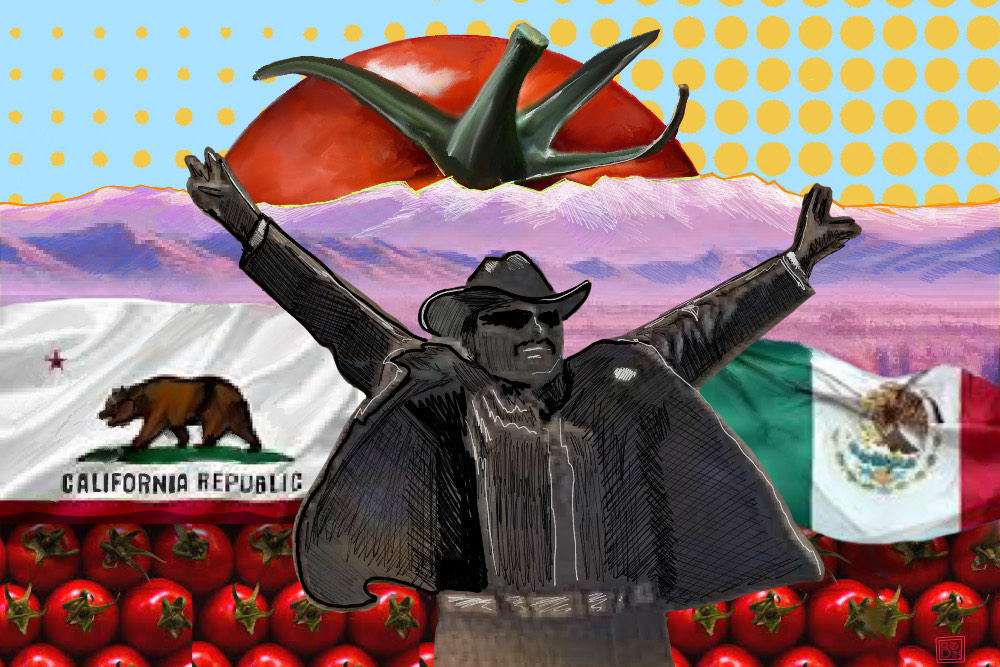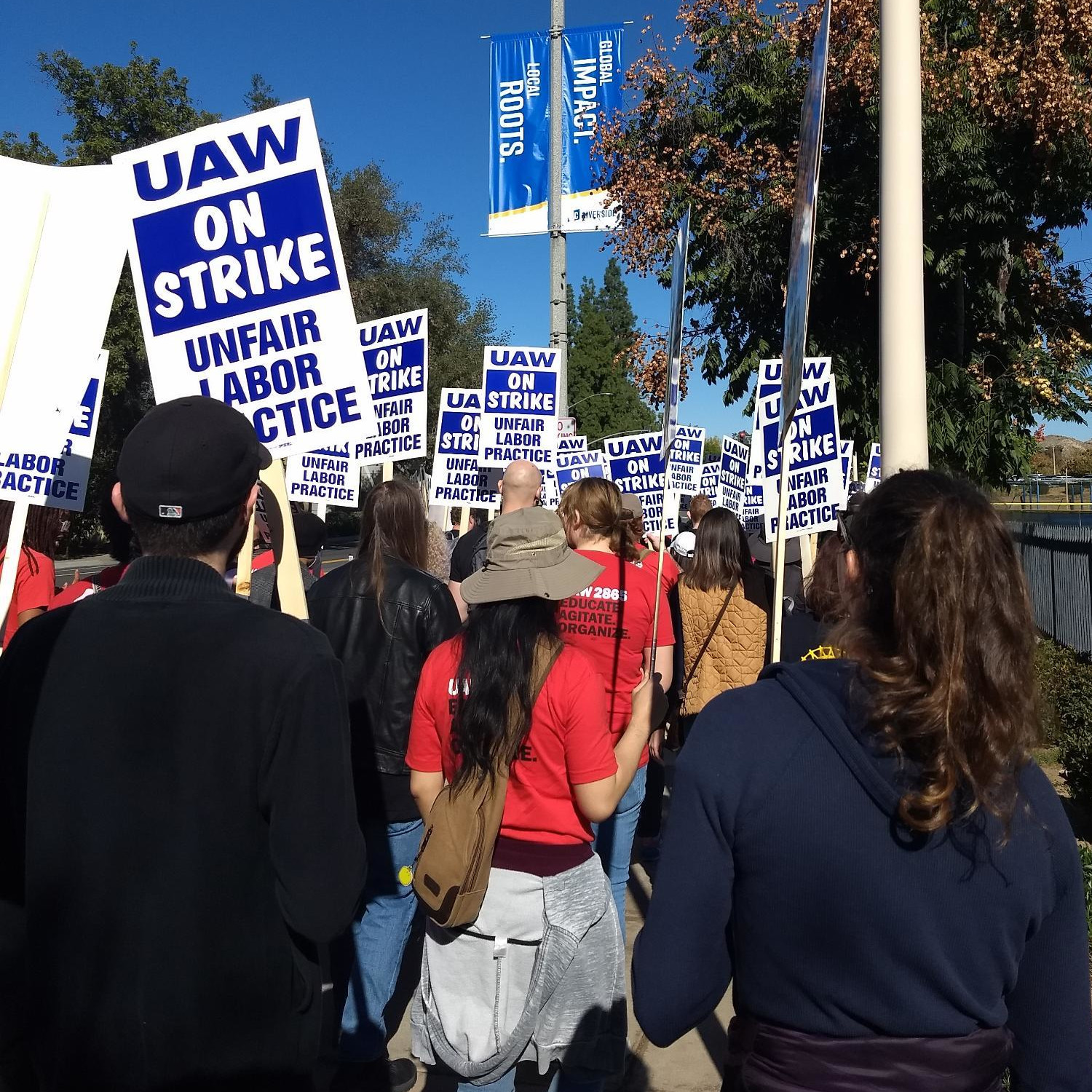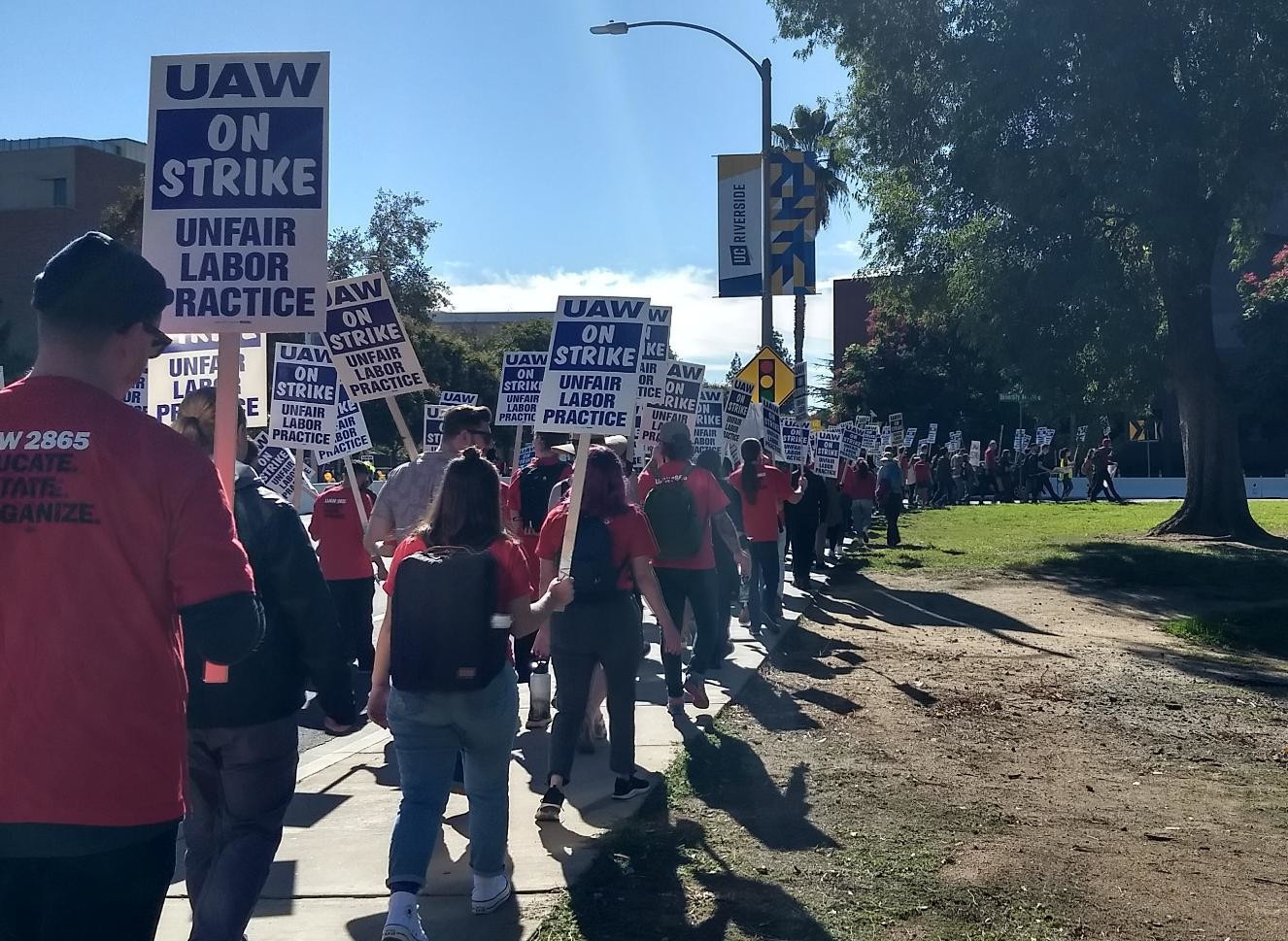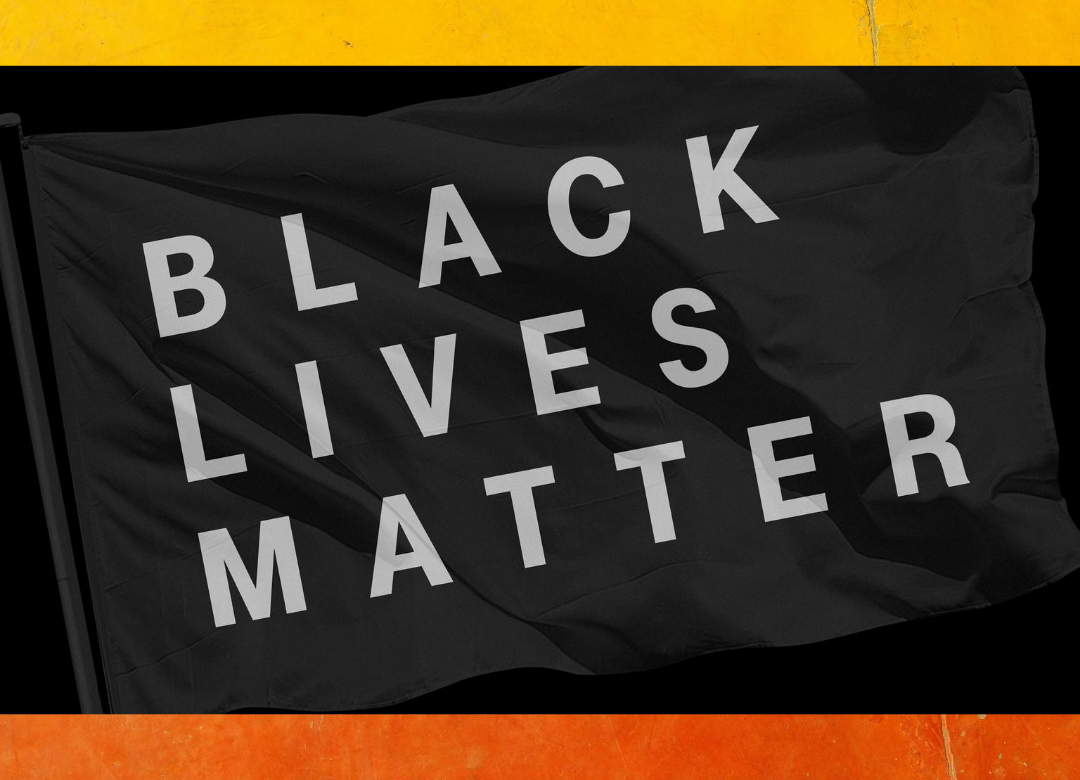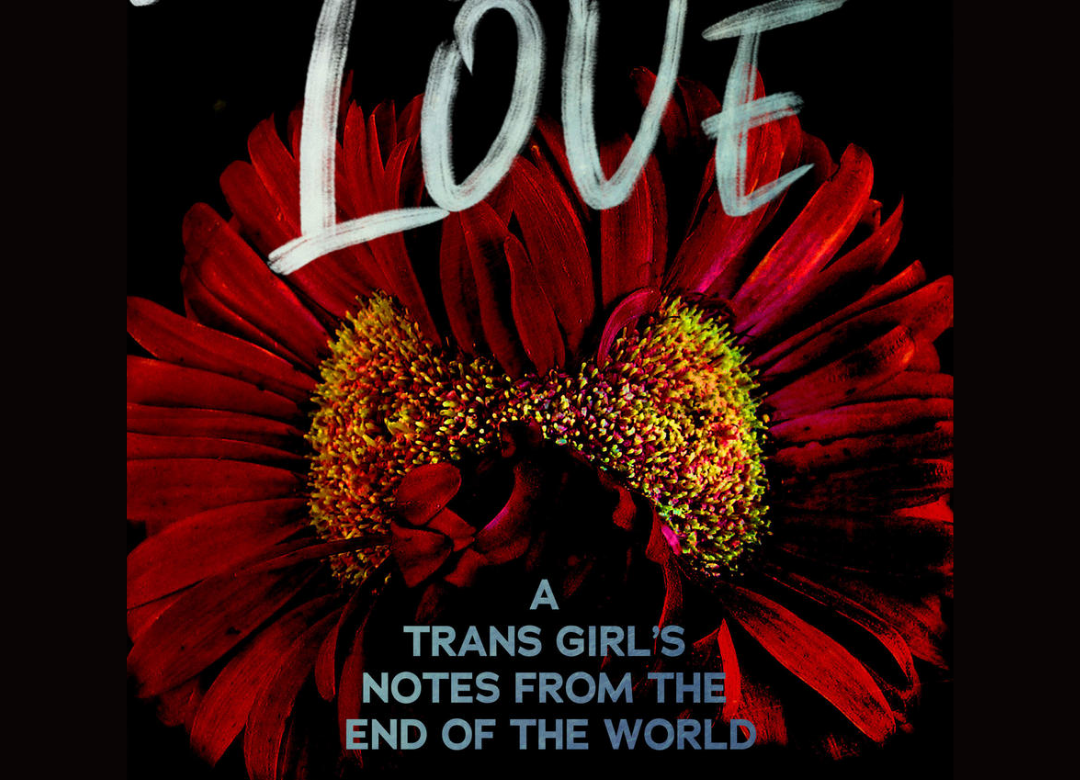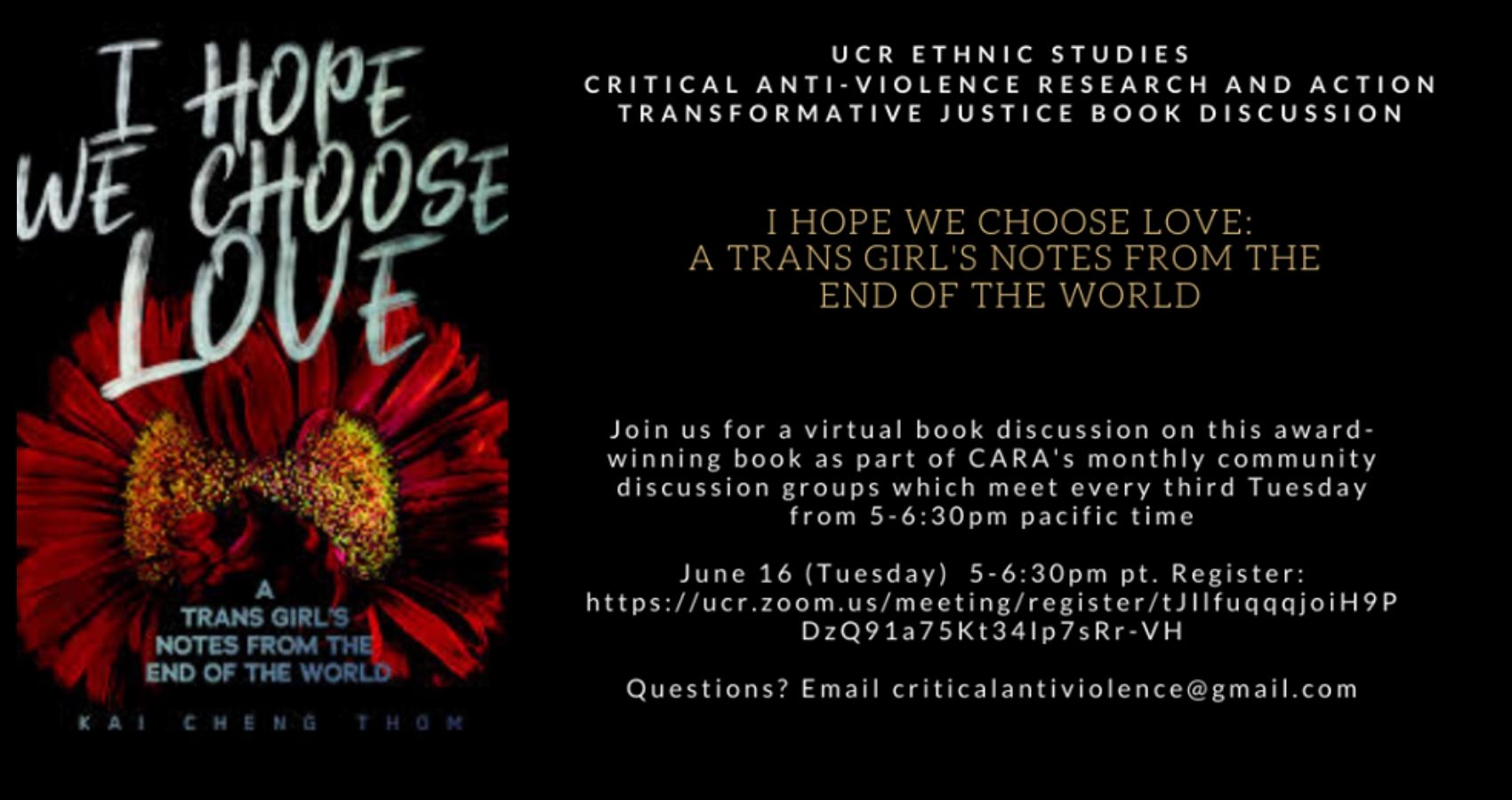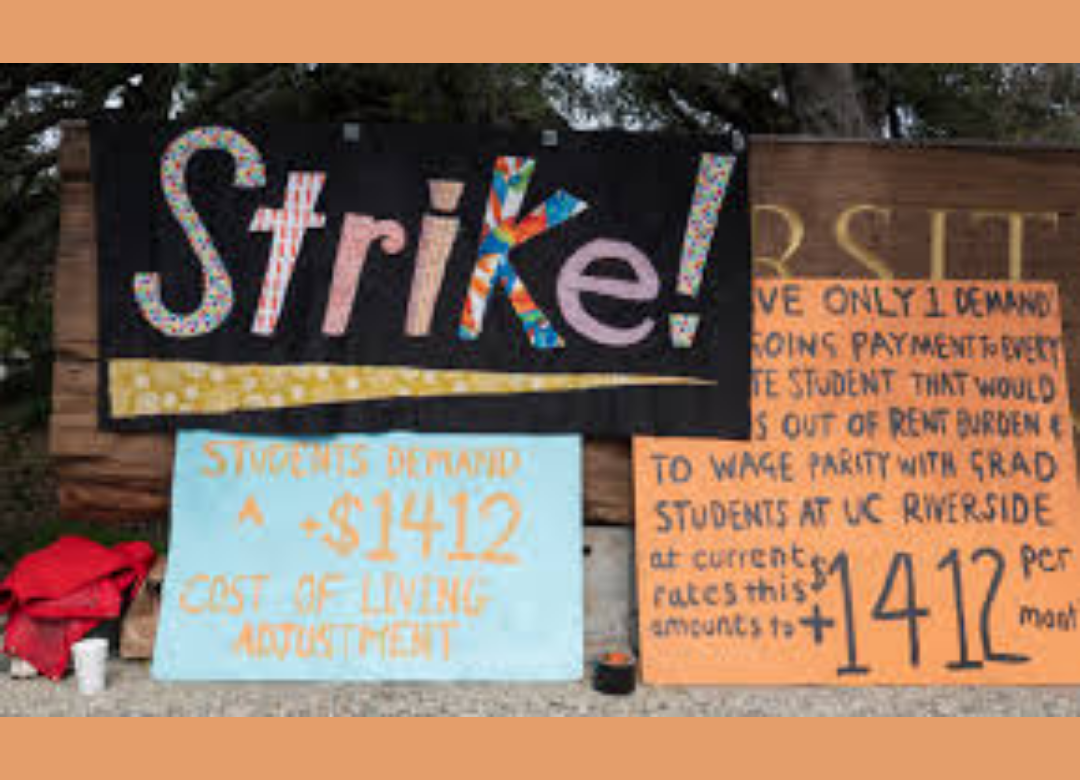As faculty in the Department of Ethnic Studies we stand in solidarity with UAW graduate student workers and postdoctoral fellows who are on strike.
We recognize that the university could not fulfill its mission without the labor of its graduate student workers who perform key research, teach classes, grade papers, and provide invaluable support in teaching and mentorship for undergraduate students across the University of California.
Especially given the rapidly rising costs of living around UC communities, graduate student workers deserve a contract that secures a living wage, basic needs, as well as increased job security. We value their demands for a fair contract that is attuned to international workers’ rights and student parents’ rights as well as for greater disability and climate justice.
Ethnic Studies scholars and practitioners are particularly attuned to the critical role that organized labor has played for communities of color to access rights that might otherwise not have been available to them because of their race, gender, language, and/or immigration status. Labor rights have often been the precursor to other kinds of legal rights.
We affirm the right of student workers to engage in lawful strike activity, which may include picketing, cancellation of sections, and stopping grading. We will not engage in retaliation against graduate students based on their participation or non-participation in strike activities in all matters under our direct control, and we oppose unlawful retaliation measures against either striking students or faculty respecting the picket line.
We will respond to undergraduate concerns about the disruption of their education with compassion while affirming the right of graduate students to strike for adequate benefits and compensation. We urge the university to take all measures to protect international students, and we will take all measures in our power to protect our international student workers.
We urge the university to bargain in good faith with the union so that a just and adequate solution may be reached.
We hope that this strike starkly demonstrates to the university administration just how integral graduate student labor is to the UC system.
Edward Chang
Gerald Clarke
Adrián Félix
Alfonso Gonzales Toribio
Emily Hue
Wesley Y. Leonard
Alfredo Mirandé
Keith Miyake
Jennifer Nájera
Andrea Smith
Jasmin A. Young

